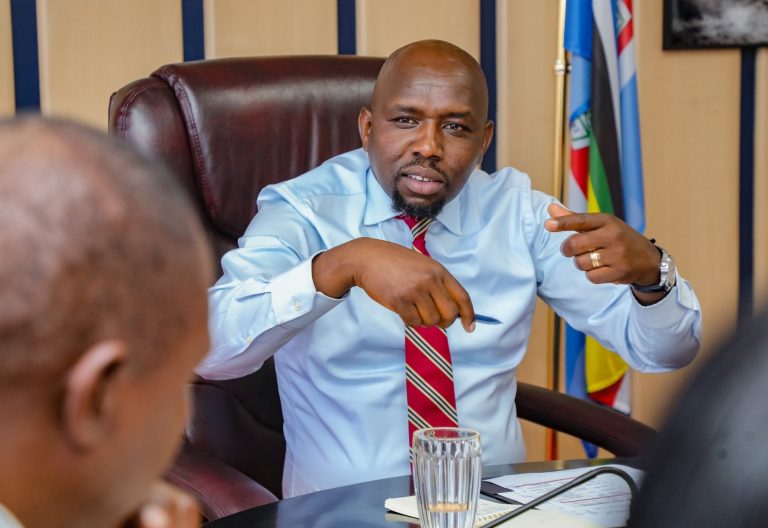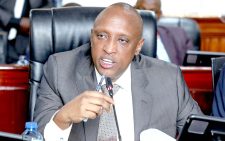‘I have no eyes to see who is culpable’ – Murkomen defends himself over Ojwang’s murder case

In a startling admission during a Senate session on June 11, 2025, Kenya’s Interior Cabinet Secretary Kipchumba Murkomen explicitly shifted blame from his ministry to investigative departments over Albert Ojwang’s death.
Murkomen said the law is clear on who should shoulder such blame. He noted that those eyes have been given to investigative authorities under Article 245 of the Constitution.
“Unfortunately, the Constitution did not give me the eyes to see who is culpable; those eyes have been given to investigative authorities under 245 of the Constitution,” Murkomen told senators.
This declaration came amidst a heated discussion on the death of Ojwang, a digital content creator who died in police custody, sparking widespread outrage and demands for accountability.
Murkomen’s statement underscores the constitutional limits of his authority over the National Police Service, emphasising its independence.
“I cannot direct the Inspector General of the National Police Service,” he reiterated, aligning his position with Article 245, which insulates the police from executive interference.
“Mr. Speaker, 245-4 of the Constitution is very clear that the Cabinet Secretary responsible for police service, which in this situation is myself, may lawfully give direction to the Inspector General with respect to any matter of policy for the National Police Service,” he said.
This stance, however, has been met with scepticism, especially given the autopsy results that contradicted initial police claims of self-inflicted injuries, revealing instead evidence of severe torture.

The session was tense, with senators and the public grappling with the implications of Murkomen’s admission.
He noted with concern that he will do everything within the ministry to see to it that there is no interference nor shielding cover-ups of any kind.
“I’m confident this is a promise I give to the people of Kenya: we will do everything within the ministry to ensure there is no interference, there is no shielding of any individual, and there is no cover-up, Mr. Speaker, on the part of the executive.”
“The Inspector General of Police, who exercises that independent authority, is going to therefore have proper information, and then as a Cabinet Secretary, I will continue with my oversight responsibilities from the ministry side,” Murkomen argued.
The context of this Senate address is further complicated by recent political dynamics. Calls for Murkomen’s dismissal have intensified, with some advocating for the return of former Interior CS Kithure Kindiki, perceived as more capable of managing national security.
Murkomen’s admission, while legally grounded, has ignited a fierce debate about governance, police accountability, and the rule of law in Kenya.
As the nation awaits further investigations and potential reforms, the echo of his words, “I have no eyes for security matters,” continues to resonate, challenging the very foundations of public trust in state institutions.














